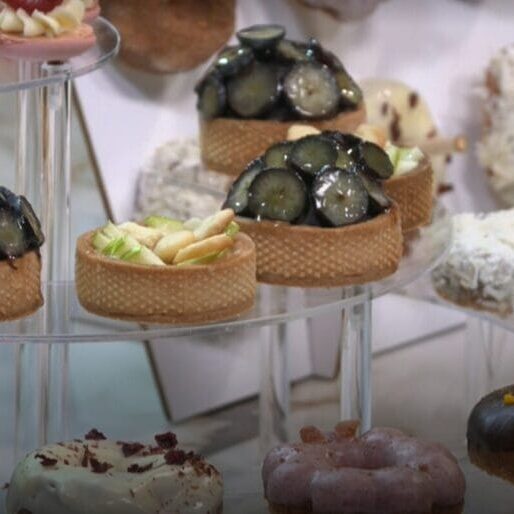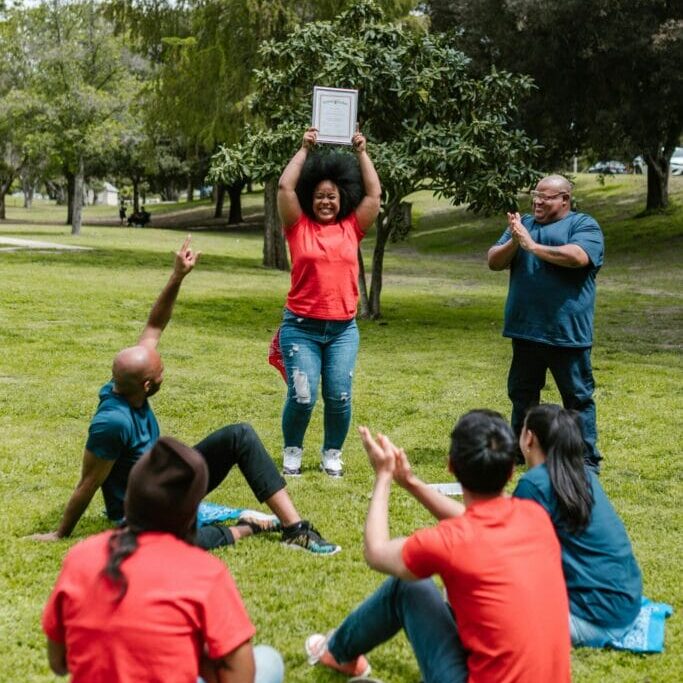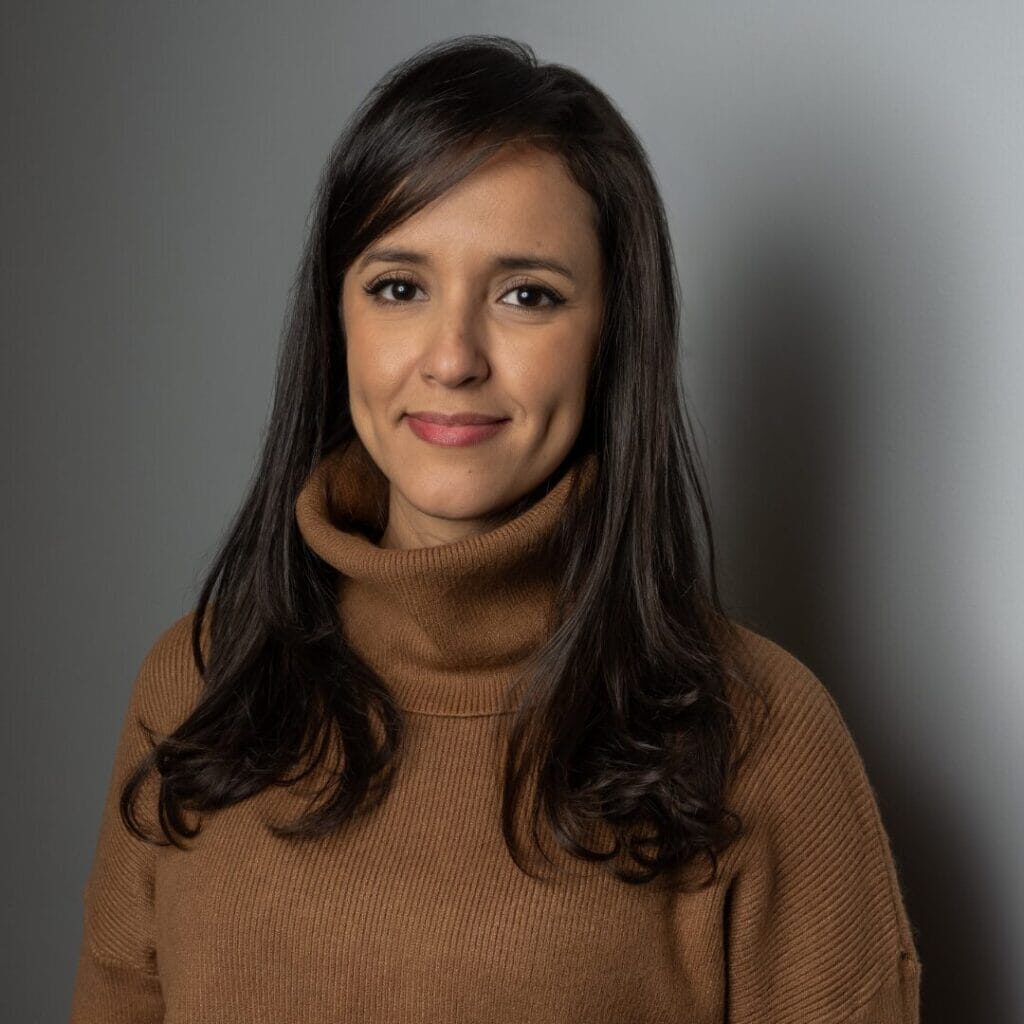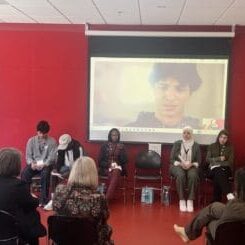After escape to Halifax from Syria, brothers work to reunite their family
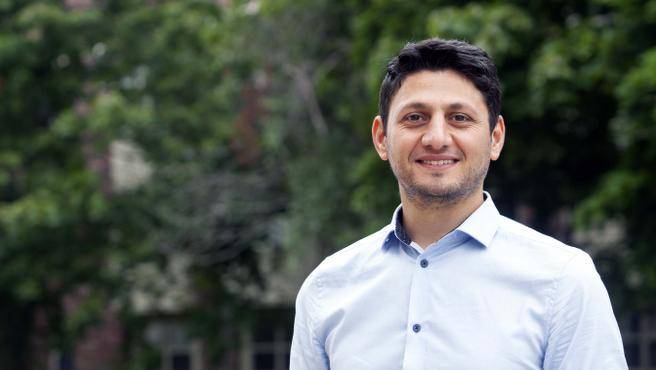
By Brendan Ahern, The Chronicle Herald, September 8, 2018
Mohammad and Mihyar al-Masalma were crammed into a van with the rest of their family. They were approaching an intersection where people had been getting shot during the week. This was the last intersection before leaving the city. After that, it was clear sailing to the Syria-Jordan border.
“Everybody duck your heads, and cross your fingers,” says Mihyar, recalling the last minute advice their driver gave before crossing.
The sniper didn’t shoot them in the slow city traffic. Maybe he was eating lunch or taking the day off. Either way, the al-Masalmas had passed where others had not and started their long journey, which ended in Halifax.
That was on Apirl 25, 2013. The day had started in the family kitchen where Mohammad was eating breakfast with his mother. They had an arrangement with someone who would get them to the border, but they didn’t know when that would be. Mohammad phoned the driver. They were leaving in two hours.
“He said ‘you didn’t pack yet?’ but nobody had told us. So, we were rushing,” says Mohammad recalling the day they left.
“I was looking for my dad. That’s when everything happened.”
Their home was in the city of Daraa, which has also been called The Cradle of Rebellion after deadly clashes between protesters and Syrian security forces effectively ignited the country’s ongoing civil war. At the time, Mohammad was studying English literature.
“He was having fun all the time,” says Mihyar who was completing his bachelor’s degree in computer science. “He would be watching Othello while I was going through hundreds of pages of code to get my degree.”
“It was the perfect student life,” says Mohammad. “I had great friends. We’d hang out during the day, and then at night we would go dancing, smoke shisha, play cards or soccer.”
During Mohammad’s fourth year of university he was becoming more politically active. He joined protests which often took place less than a block from home.
One night before joining his friends on the street he stopped to talk to his father.
“We had a balcony that went all around the house and I was looking for my dad. That’s when everything happened. Suddenly there were security forces and military coming from every angle. Two seconds ago there was no one, but they were hiding behind the buildings. They stormed in with their cars, jumped down and started shooting,” says Mohammad. “I see my dad running around the corner shouting ‘Get down! Get down!’”
The shooting stopped as quickly as it started. Unlike many of the earlier protests nobody had been killed, but there had been arrests.
Being one of “the random people” in a war zone

Today, their oldest brother Nassim is living with the rest of the family in Jordan. He has a wife and daughter. Mohammad and Mihyar send him money. Up until 2016 refugees in Jordan could not get work and the family still relies on the brothers in Halifax and their two other siblings in Saudi Arabia to help.
Nassim used to be an investment banker, and in 2013 he was handcuffed, blindfolded while facing the living room wall next to Mohammad and Mihayar. Soldiers were pointing guns at them. Their parents were crying and a soldier was yelling.
“‘You have to tell us about your guns, and who you deal with. Where are the terrorists?’” says Mohammad recalling the day that he and his brothers were arrested. They were jailed and tortured for one month before being released.
Not long after, another neighbourhood sweep landed Mohammad in jail again. This time with 50 others from his street.
“’Where are the guns? Who do you deal with? Where are the terrorists?’” repeats Mohammad. “Sometimes they would take three or four of us for questioning at once. It hurts more than when they hit you because you can hear it happening to the ones beside you. Mostly they would hit your body, they don’t want people to see marks on the face.”
“Finally, one reasonable guy in the room asked, ‘why are you here?’ I said, ‘I don’t know, there was a sweep and they took me.’ I could hear him turn to his buddy and say ‘oh yeah, these are the random people.’”
Again, a month later, Mohammad was released.
“After the second time my mom said, ‘That’s it. There’s no third time.’”
A refugee camp 80,000 strong
The van dropped the al-Masalmas at the border. They got on a bus that them all to Jordan’s Zaatari refugee camp. When they arrived, they were all grouped together under a large tent.
“I would say about 200 people,” said Mohammad remembering the group that they arrived with. The families were then designated to the areas of the camp where they would be living. Everyone was given vaccinations and some cream cheese on kayfa pita with crackers and bottled water.
Directing them all were seven people wearing reflective vests like the kind worn by roadside construction crews . All of their luggage had been piled high on flat-bed trucks. New groups of people were always arriving, and luggage handlers had to move fast.
“I wouldn’t blame them, but they don’t care if there’s glass or electronics in the bags,” says Mohammad. Not wanting to wait around any longer, he volunteered to help sort through the luggage.
“They said, ‘Yeah, of course. You’re tall enough.’” They’re not wrong. Standing at 6’2” Mohammad stood out as a capable assistant. But it was only temporary. He dug through the pile to find his family’s luggage, putting it off to the side of the truck whenever he did. “When I got everything, I’m like ‘OK guys I’m sorry but I have to leave,’” Mohamad laughs as he tells the story. “It was two o’clock in the morning, man.”
They had all been awake for a long time. The distance between Daraa and the Zataari refugee camp is only 53 kilometres, but the journey had been long.
Since 2011 Canada has welcomed 40,081 Syrian refugees through government assistance, private sponsorship or a blended program where UNHCR identifies refugees for resettlement and then pairs them a private sponsors in Canada. That total is slightly over half the population of Zaatari refugee camp. The al-Masalmas were able to leave Zaatari for Jordan’s capital city, Amman.
Their father, who passed away last December, was a doctor in Syria. Nassim lives in an apartment with his wife and daughter, his mother, and the al-Masalmas’ youngest sibling, Lubna. Mohammad and Mihyar came to Halifax on scholarships from the World University Service of Canada in 2016. Mihyar completed his master’s degree in computer science at Dalhousie University, and Mohammad has completed his Nova Scotia Community College diploma in tourism management.
Mihyar is continuing with PhD studies while Mohammad works part-time for Immigrant Services Association of Nova Scotia (ISANS) translation services. He also owns a photography business he started in July.
They work to bring their family together once again.
“To give them all a chance to live normal lives, like human beings.”
Share this
